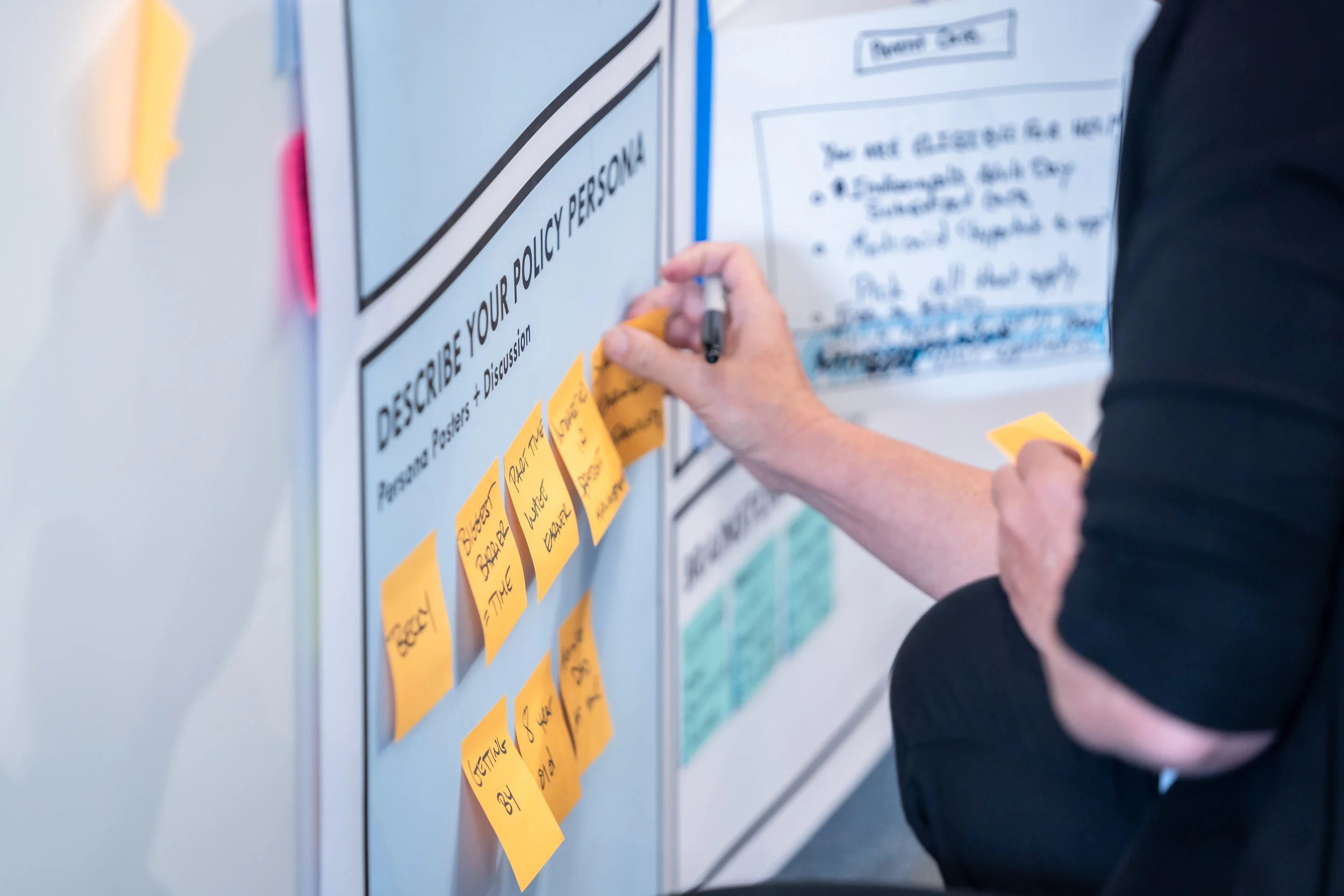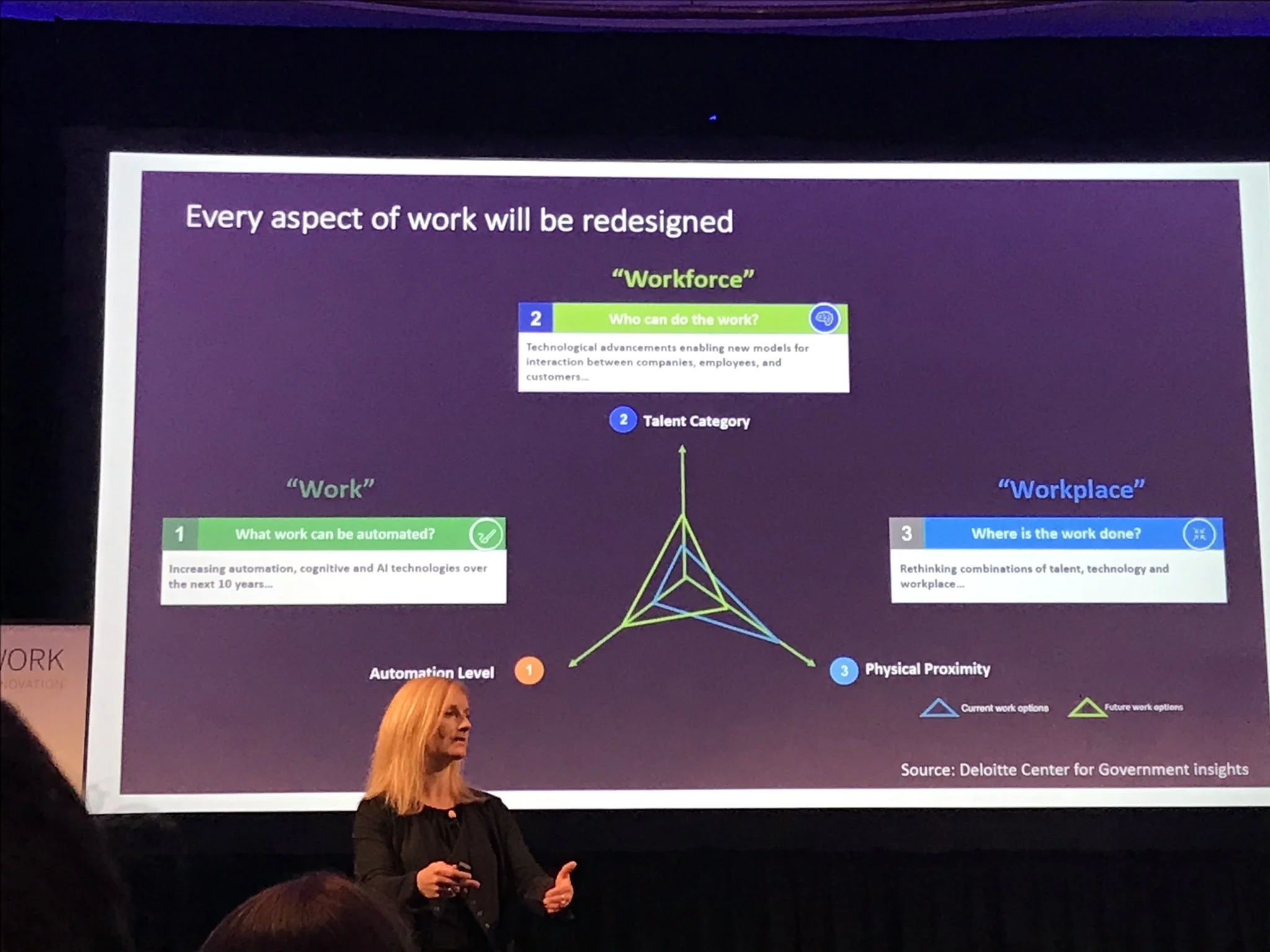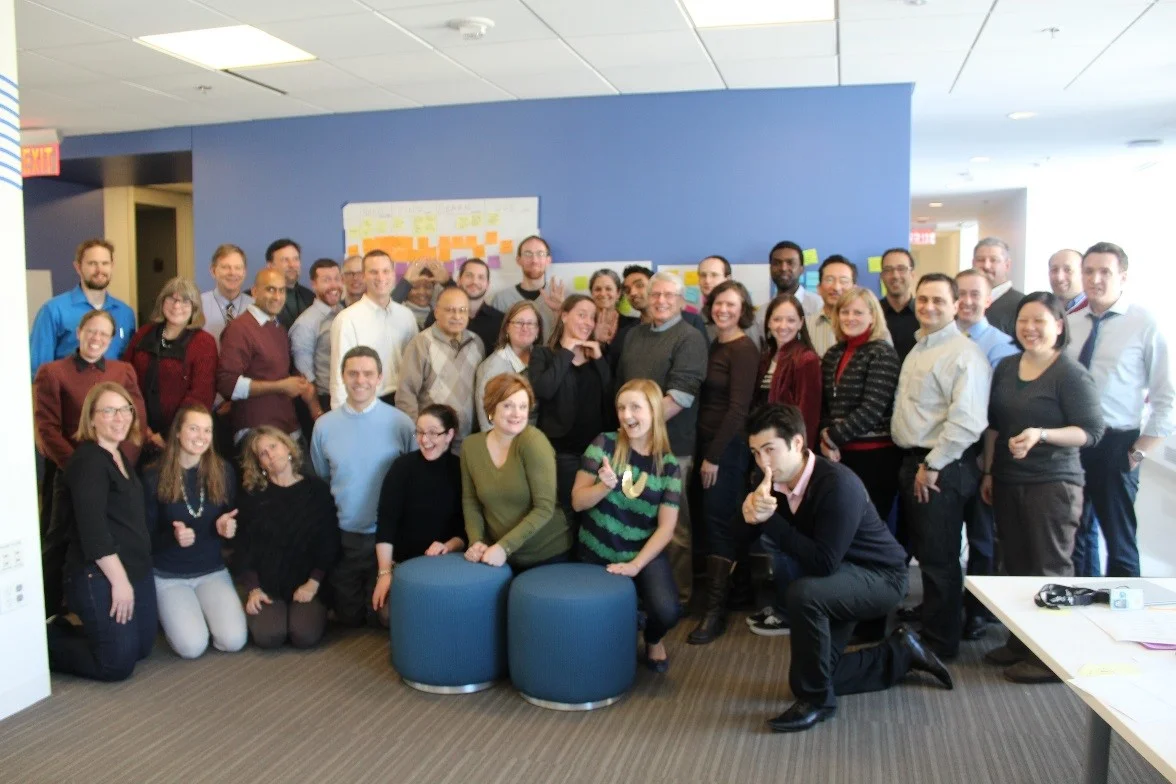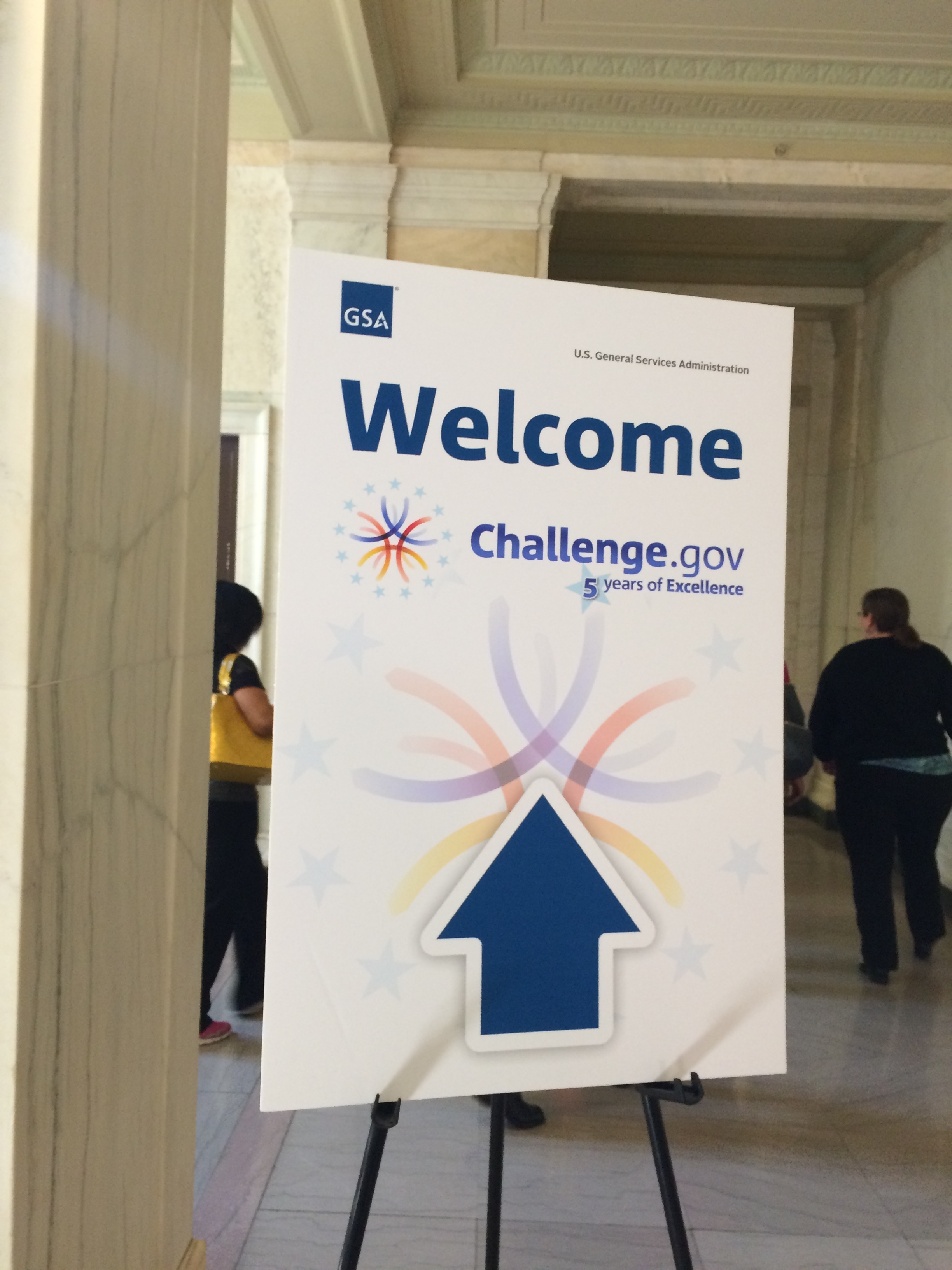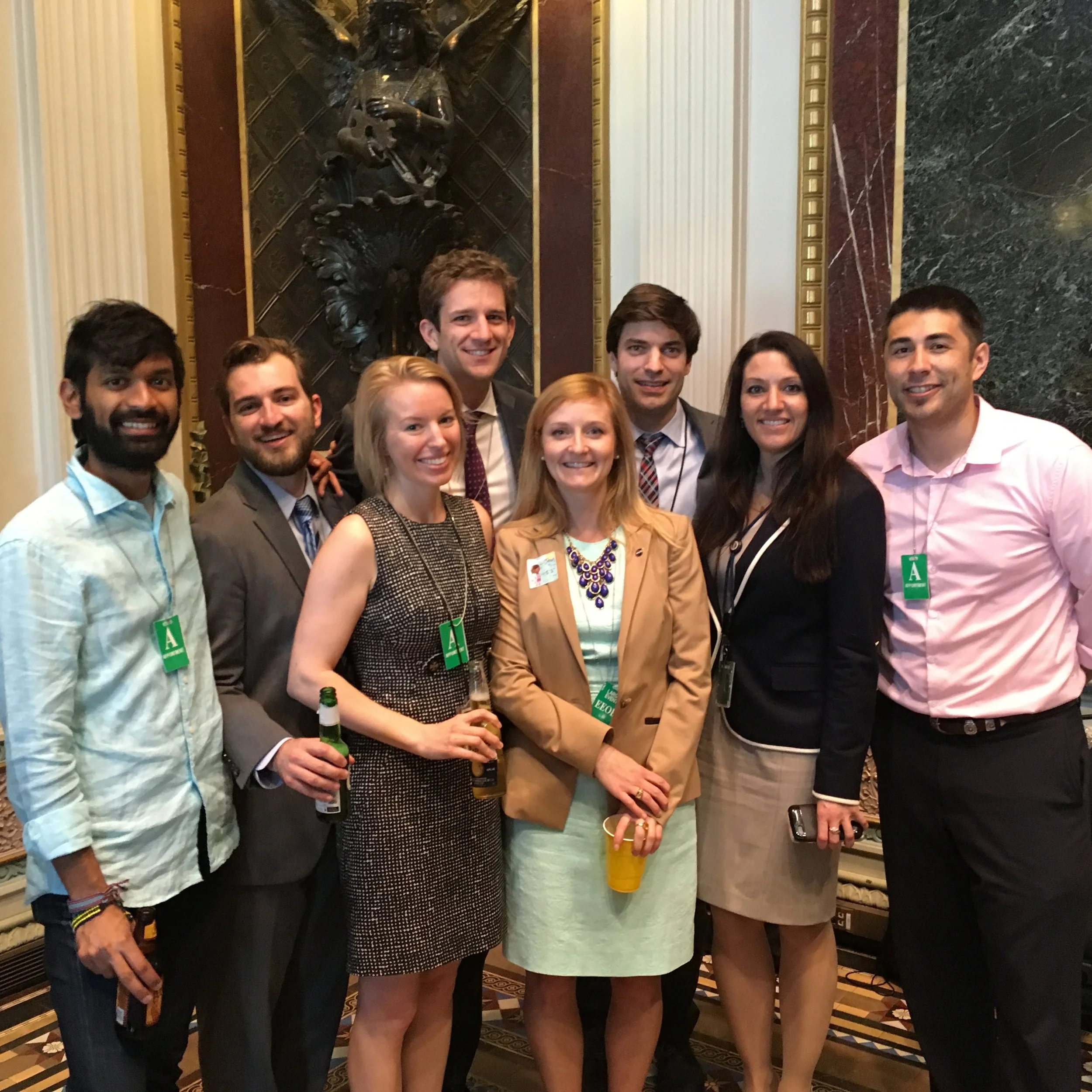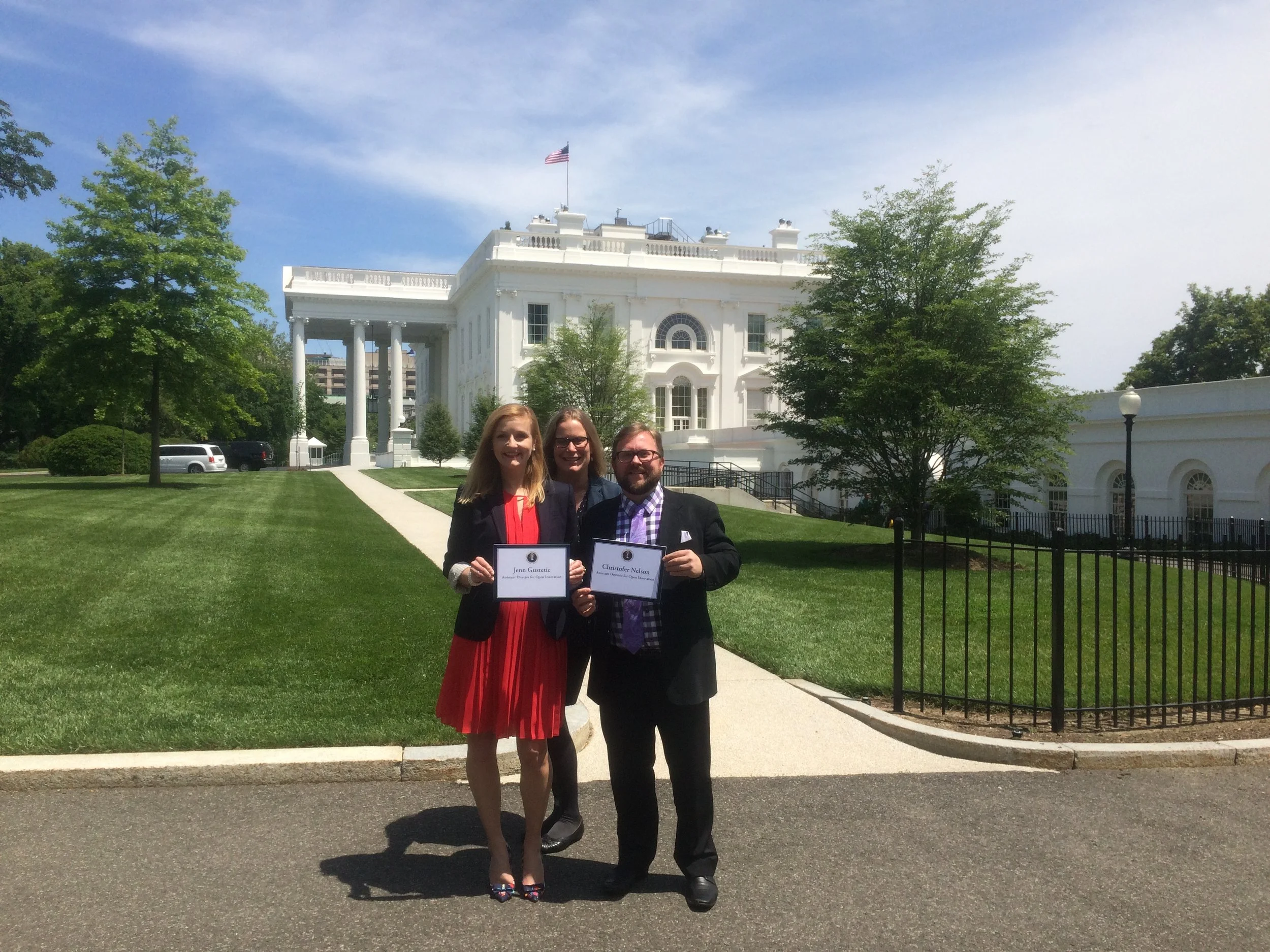Written in 1961 (and still relevant today), “The Death & Life of Great American Cities” is a classic book that brilliantly attacked conventional design, planning, construction, policy & finance approaches & suggests an alternate diversity & vitality-based approach for city making & inclusive economic development. I am officially a Jane Jacobs fan girl. This post includes my long summary in the following major categories:
Lively, productive cities are processes of organized complexity—where citizens are experts to engage
Diverse cities are generative engines for the economy, ideas & upward mobility
Cities must enable multiuse; zoning for single use is death
Streets & sidewalks are the fundamental unit of tolerance, city safety, public life & child rearing
Old & new buildings are needed for diversity of enterprises & population
To grow the middle class cities must value residents before they are middle class, investing in low income areas
Convert the cataclysmic uses of money into constructive forces

